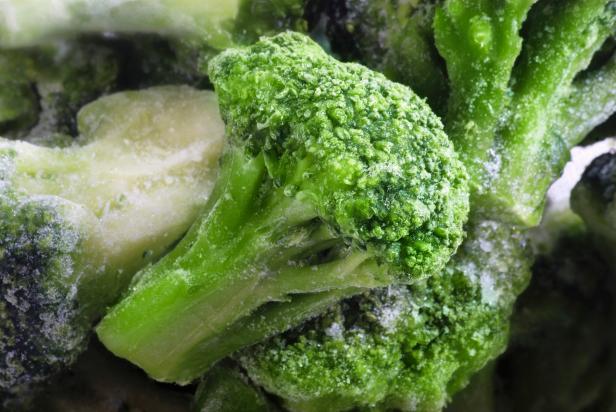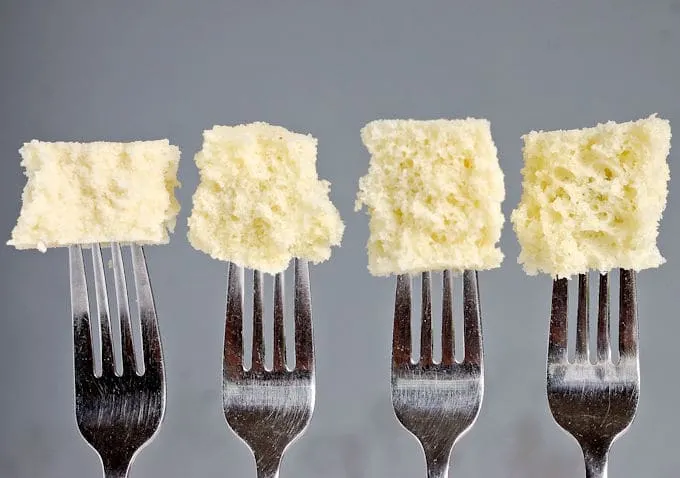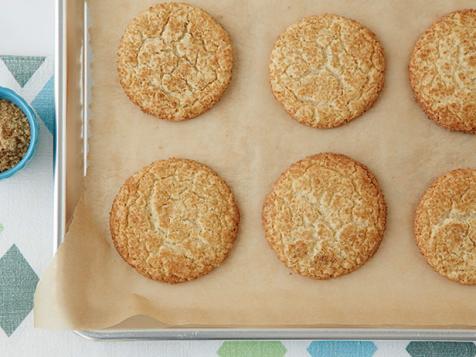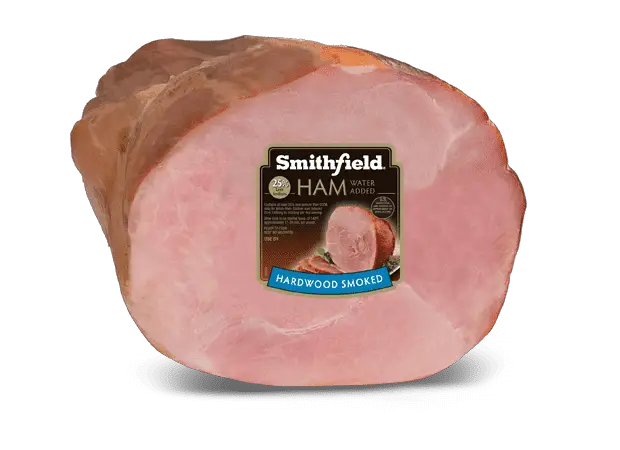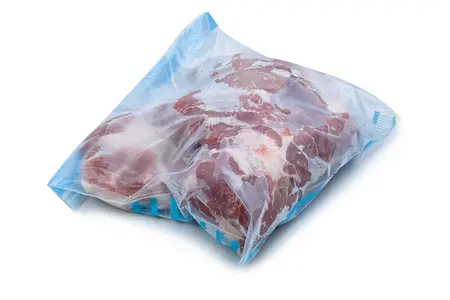Frozen broccoli has become a staple for many households, providing a convenient and healthy way to incorporate this versatile vegetable into our daily diets. While cooking broccoli is a common practice, many are curious about whether it’s safe and beneficial to eat frozen broccoli without cooking. In this ultimate guide, we’ll discuss the nutritional value of broccoli, how freezing impacts its nutritional value, the benefits and risks of eating raw or cooked broccoli, and how to properly prepare and incorporate frozen broccoli into your meals.
## Nutritional Value of Broccoli
Broccoli is known as a powerhouse of nutrients and is rich in vitamins A, C, E, K, folate, calcium, iron, and fiber. The cooking process can impact the nutritional content of vegetables and specifically with broccoli. Raw broccoli may have higher vitamin C levels compared to frozen or cooked. But other nutrients like Vitamin k and carotenoids are found in high levels in cooked forms that are not found in raw.
Frozen broccoli is just as nutritious as fresh or cooked broccoli since it’s picked at peak ripeness when most nutrient density is observed. Research comparing fresh to frozen fruit and vegetable nutrients showed that there was no significant difference in the overall nutritional content for either option.
## Freezing Process of Broccoli
The process of freezing broccoli involves blanching (heating the vegetables briefly) before rapidly cooling them at very low temperatures. This process sanitizes the veggies while preserving their natural texture and flavor.
## The Benefits of Eating Raw Broccoli
Eating raw vegetables especially for cruciferous greens like broccoli deals with vitamin C preservation- an essential antioxidant that supports cell growth. Raw or lightly steamed/ cooked broccolis also contain enzymes that help activate detoxification pathways in our bodies.
## Risks Associated with Eating Raw Broccoli
Eating raw plant foods such as vegetables can be an excellent addition to meals due to its fiber content; however, too much fiber can cause digestive problems (like flatulence and bloating). Ingesting raw broccoli in large amounts can lead to bowel disturbances, including gas, diarrhea, and even abdominal pain.
## Cooking Broccoli: Is It Necessary?
Broccoli can be cooked in various ways, like steaming, boiling, sauteing, or stir-frying. However, just because it’s healthy to cook broccoli doesn’t mean one should refrain from eating raw broccoli. For example, boiled broccoli loses some of the water-soluble nutrients such as vitamin C and B-vitamins (at least 50%) are lost in the cooking process.
## How Does Heat Impact Nutritious Value?
How heat impacts the nutritious value of frozen broccoli may depend on how it is cooked. No single perfect way exists; however, steaming is a good option since it does not involve extended exposure to high temperatures.
One of the best ways to cook broccoli is to steam it lightly. Steaming preserves most of the nutrients that boiling might destroy. Even microwaving doled out surprisingly well for broccoli retaining much nutrient loss compared to boiling methods.Vaporizing agents also help retain anti-cancer compounds according to research study .
## Can You Eat Frozen Broccoli Without Cooking? – Health Concerns
Eating frozen vegetables may come with risks if you do not adequately wash or handle them. Any persistent contaminants may be found in frozen veggies than its fresh counterparts. Also e-coli bacteria infection risks due to hygiene carelessness are also common with processed vegetables.
However, you can eat frozen broccoli straight from the bag if it has been properly handled and washed beforehand correctly.
If you plan on consuming frozen vegetable products like broccoli raw without cooking or lightly steaming it first and are pregnant or have compromised immunity, we advise consulting medical expertise on pathogen concerns for careful food handling procedures.
## How to Properly Prepare Frozen Broccoli Before Eating It
Here are a few steps to follow to ensure the proper cleaning and preparation of your frozen broccoli before eating:
1. Thaw your frozen broccoli- Rinse the vegetables under cold tap water to remove any particles or lingering residues of any sorts from its original packaging.
2. Cook the vegetables – While it is safe, it must be noted that it’s crucial to consider how some pathogens thrive on uncooked and frozen veggies, so light steaming such as microwave steaming may be a safer alternative.
3. Storage – Store the unused portion in an airtight container or resealable bag; this will preserve its texture, flavor better and absorb moisture that can diminish nutrient levels.
4. Be aware of added salt – Many processed frozen veggies contain added sodium in their packaging, so read the label carefully if following lower sodium diets.
## Ways to Incorporate Frozen Broccoli into Daily Meals
Frozen broccoli versatility pairs with many culinary applications, which means it’s widely available for you due to its ease of use and consistency. Here are some meal ideas with frozen broccoli as an ingredient:
– Add steamed broccoli to a soup or stew
– Make a quick stir fry by tossing cooked broccoli with a protein (like shrimp or tofu), and a flavorful sauce such as soy sauce or garlic
– Add frozen broccoli to an omelet or frittata
– Toss roasted broccoli with olive oil and seasonings for an easy side dish
## Conclusion
Frozen Broccoli can be nutritious, tasty, and versatile. It is safe to consume raw when thoroughly cleaned and handled and can be cooked through an array of methods either tenderly or crisply prepared It’s versatility makes it quite appealing when applied in dietary regimens such as veganism, gluten-free , vegetarian. This guide has highlighted the nutritional benefits and impact of cooking on nutrient value beyond consuming them fresh found in both raw and cooked forms so now- nothing should stop people from integrating it into their everyday meals.
Frequently Asked Questions
1. Is it safe to eat frozen broccoli without cooking?
Yes, it is generally safe to eat frozen broccoli without cooking. Frozen vegetables, including broccoli, go through a blanching process where they are quickly boiled for a few minutes before being flash-frozen. This process helps to preserve the nutritional value of the broccoli and also reduces the risk of harmful bacteria that can cause food poisoning.
2. How do you prepare frozen broccoli for consumption?
To prepare frozen broccoli for consumption, simply thaw it in the refrigerator overnight or at room temperature for a few hours. Once thawed, you can add it to salads, soups, stir-fries or casseroles. You can also roast or steam the thawed broccoli for a healthier and flavorful side dish.
3. Does frozen broccoli have the same nutritional value as fresh broccoli?
Yes, frozen broccoli has similar nutritional value as fresh broccoli. The blanching process that frozen vegetables undergo actually helps to preserve their nutrients better than simply storing them in the refrigerator. However, be cautious with canned versions of broccoli and other vegetables that may contain added sugars or sodium.
4. Are there any potential health risks associated with eating uncooked frozen broccoli?
While it is safe to eat uncooked frozen broccoli, some people may experience digestive discomfort due to the high fiber content of raw cruciferous vegetables like broccoli. If you experience gastrointestinal discomfort like bloating or gas after eating raw broccoli, consider cooking it before consumption to make it more easily digestible.
